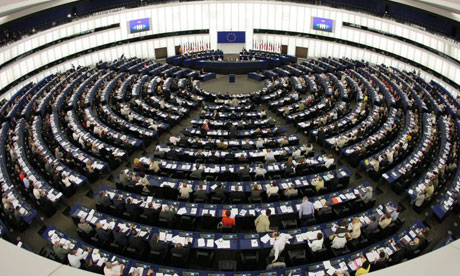Engaging with the European Parliament
Members of the European Parliament (MEPs)
MEPs, like MPs, can table questions, raise debates, and petition other MEPs, so contacting your regional MEP is a good way to raise awareness among the Parliament, a Parliamentary Committee, or an Intergroup. Because there is no ‘ruling’ party in the European Parliament, it tends to be less confrontational, with a greater emphasis on consensus-building. This means MEPs are more able and willing to build support for issues across political groupings. However, the larger party groups have more influence due to their size. You can find your regional MEP here.

Parliamentary Committees
Like the UK Parliament, much of the work of MEPs takes place in committees which consider specific areas. A list of committees can be found here.
If you want your research to be considered by a committee, consider contacting the sitting MEPs researchers and the committee staff. Remember that at the parliamentary level, you need to contact your regional MEP. See who they share a committee with, and what committees their UK party colleagues sit on – if your regional MEP does not work in the policy area you are interested in, they may be able to talk to someone who does.
Parliamentary Intergroups
Parliamentary Intergroups are a bit like All-Party Parliamentary Groups: they are informal, cross-parliamentary groups of MEPs who share an interest in a particular issue. They have no legislative powers, but are important testing grounds for ideas and policy. They have a particular aim of promoting contact between Members and civil society, and are often administered by NGOs and charities. They are an excellent place to have your research considered by MEPs from across the political groups.
A list of Intergroups can be found here; most have their own websites where you can find contact details for the secretariat and any researchers, as well as affiliated organisations.



